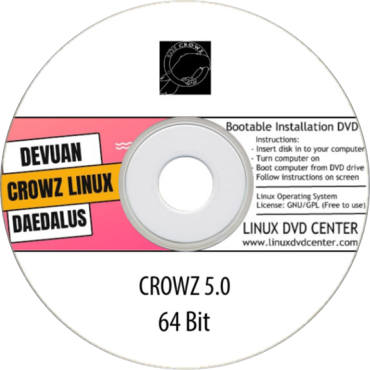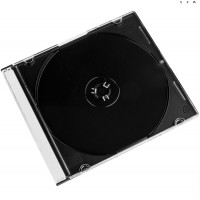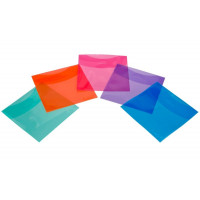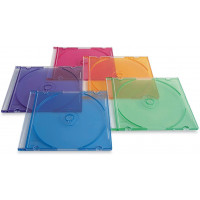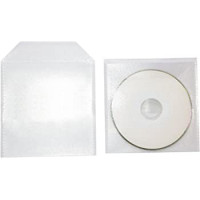CROWZ is a lightweight, Devuan-based Linux distribution. The project offers three graphical window managers: Openbox, Fluxbox, and JWM. CROWZ can be run from live media or installed to a hard drive using the Calamares system installer. CROWZ is an operating system based on Devuan 5.0.1 Daedalus release. Consisting of a minimal compilation of applications and tools. Overall the ethos of CROWZ is simplicity.
Web browser, file manager, image viewer, torrent client, terminal emulator, pdf viewer, audio and video player, text editor, and a few other essential applications.
The crowz-welcome screen compliments the install with an easy to use terminal program to update and install additional applications.
Fluxbox, JWM, and Openbox are fully customizable Wms, light on resources, fast, stable, each with a full-featured desktop experience.
Features:
- systemd-free
- default dark theme - optional light
- stable build
- terminal welcome-screen (optional-additional applications)
- openbox, jwm & fluxbox 64bit isos
- live-build
- SysVinit
- Calamares installer
CROWZ 5.0 (64Bit)
- Brand: Linux DVD Center
- Product Code: B08PPBD4NL
- Availability: In Stock
-
€5.80
-
- 3 or more €5.20
- 5 or more €4.60
Available Options
Related Products
DVD coloured protective sleeves
Extremely space-saving and ideal for protection of CDs/DVDs without taking up as much space as regul..
€0.20
DVD slim case transparent colored
Super slim case to hold one DVD plus inlay eachAvailable in 5 assorted colors...
€1.50
DVD plastic case semi-transparent
Semi-transparent Plastic case to hold one DVD plus inlay each..
€1.60
DVD transparent protective sleeves
Extremely space-saving and ideal for protection of CDs/DVDs without taking up as much space as regul..
€0.10
* Special prices & discounts are available for business partners, resellers & retail stores! More info ....
License: GNU/GPL (Free to use or Redistribute)
Please Note: This software is free to download from the developers website. You are paying for the label design, disk manufacturing, printing and postage. It is ideal for those who do not have broadband and do not want to use data or for those who do not feel confident burning an ISO file to DVD. These programs are licensed under the terms of the GNU License, the GNU lesser Public License or the Mozilla Public License or are in the Public Domain.

